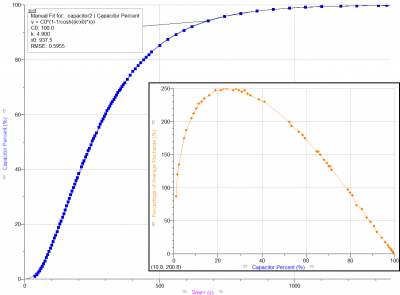More actions
| Line 56: | Line 56: | ||
* {{sk|Capacitor Emission Systems}} - 5% reduced capacitor need of energy transmitters, energy neutralizers and energy nosferatus. Only applies to subcapital modules. | * {{sk|Capacitor Emission Systems}} - 5% reduced capacitor need of energy transmitters, energy neutralizers and energy nosferatus. Only applies to subcapital modules. | ||
* {{sk|Capital Capacitor Emission Systems}} - 5% reduced capacitor need of capital energy transmitters, capital energy neutralizers and capital energy nosferatus. | |||
* {{sk|Capacitor Management}} - 5% bonus to capacitor capacity per skill level. | * {{sk|Capacitor Management}} - 5% bonus to capacitor capacity per skill level. | ||
* {{sk|Capacitor Systems Operation}} - 5% reduction in capacitor recharge time per skill level. | * {{sk|Capacitor Systems Operation}} - 5% reduction in capacitor recharge time per skill level. | ||
Revision as of 14:32, 23 November 2018
Capacitor equipment
| Remote Capacitor Transmitter | |

|
Energy Nosferatu |
| Energy Neutralizer | |
| Cap Battery | |
| Capacitor Booster | |
| Cap Recharger | |
| Capacitor Flux Coil | |
| Capacitor Power Relay
| |
| * Reactor Control Unit | |
| Rigs | |
| * Implants | |
| * Mindflood Booster |
Skills
- Capacitor Emission Systems - 5% reduced capacitor need of energy transmitters, energy neutralizers and energy nosferatus. Only applies to subcapital modules.
- Capital Capacitor Emission Systems - 5% reduced capacitor need of capital energy transmitters, capital energy neutralizers and capital energy nosferatus.
- Capacitor Management - 5% bonus to capacitor capacity per skill level.
- Capacitor Systems Operation - 5% reduction in capacitor recharge time per skill level.
Capacitor recharge rate
- Your capacitor will recharge faster the closer you are to (approximately) 25% of your maximum.
- The recharge rate drops of very quickly once you go below this.
Specifics

The capacitor recharge rate is a non-linear function—the rate at any given moment depends on how much energy is stored at that moment. Near zero and near full capacity, the recharge rate is very low, and it peaks around 25 percent.
A player by the name of “Dust Puppy” investigated the recharge rate in-depth and published his findings in this thread (dead link). Based on his experiments, he suggests that the formula for calculating recharge rate is:

...where:
C is your current capacitor level in GJ.
Cmax is your maximum capacitor level in GJ.
dC/dt is your current capacitor recharge rate in GJ/s. (Formally: The instantaneous rate of change of the capacitor charge C with respect to time.)
T is capacitor recharge time.
Capacitor recharge, therefore, peaks at 25%, and the advertised “Capacitor Recharge Time” is actually the time for the capacitor to go from dead empty to 98.7%, assuming no drains or boosts.
Experimenting with this formula,[1] it has been found that the peak recharge rate, without any effect of boosters or energy draining weapons, is indeed at 25% of capacitor capacity.
The formula can be also used to write capacitor level as function of time

where C0 is capacitor level at starting time t0 and C1 is capacitor level at time t1
The full derivation may be found at http://forum.eveuniversity.org/viewtopic.php?f=222&t=30652 (dead link).
Bottom line for EVE capsuleers: remember that the recharge rate declines dramatically once it falls below 25% of capacity. Therefore, if in a fight, leave yourself a margin of safety and consider escaping if it appears that you will soon fall below this amount.
For more on maximizing your capacitor performance, see this UNI class syllabus: Capacitor Management 101
